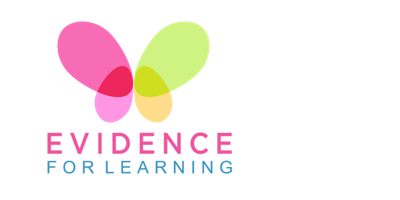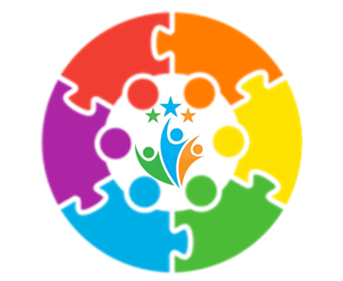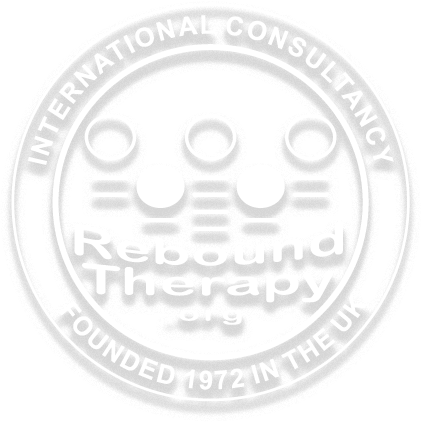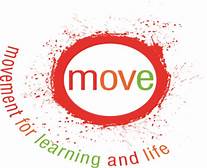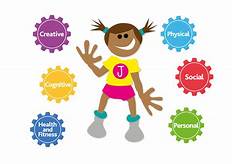Assessment
Assessment
|
Assessment Methods |
Teacher Assessment and Moderations |
Engagement Profile |
B Squared |
EFL (Evidence for Learning) |
Pupil Progress Meetings |
Accreditation and Qualifications |
EHCP/ Annual Review process |
|
Assessment purpose and impact
|
Is integral to effective teaching and learning. Draws on a wide range of evidence of pupil learning. Trust in secure professional judgments. |
Promotes a broad and engaging curriculum. Encourages reflective practice and explores opportunities for extension for future learning. |
Supports in the triangulation and validation of all source data. Summative assessment model used to evaluate student learning, skills acquisition, and academic achievements at the end of a defined instructional period.
|
Captures real time assessment and evidence of steps of progress. Provides a formative and holistic profile of progress. Is linked to Skills Builder evidence, Supports in the triangulation and validation of all source data.
|
Tracks curriculum access and identifies need for early intervention. Extends opportunities for reflective practice and informs training and staff development. Supports peer development opportunities and development of subject leads. |
Uses tests and tasks in appropriate way. Formally recognises achievement supporting next step development (Post 19) Embraces self and peers assessment developing self-esteem and wellbeing. |
Individual targets and Personal Learning Goals (PLGs) are reviewed as part of this statutory process. Pupil views are paramount. PLGs evidenced through Evidence for Learning. |
Overview:
Teachers and leaders use assessment well, for example to help learners embed and use knowledge fluently or to check understanding and inform teaching. Leaders understand the limitations of assessment and do not use it in a way that creates unnecessary burden for staff or learners.
At Nancealverne school we use secure and informed baselines to identify pupils starting points establishing solid foundations for future learning/development. This evidences all learning is part of a well-planned sequence and provides sufficient challenge in building upon previously learned skills. There is rigour in assessment; progress is demonstrated from each individual learners starting point.
Nancealverne analyses data from a range of sources to effectively evaluate each pupil's performance. Teachers and senior leaders use a range of formative and summative assessment procedures to assess progress and attainment This allows us to determine whole school performance, moderate our own practice and plan for further improvement.
Systems:
Data is recorded on the electronic systems of B² Engagement steps and Evidence For Learning. Evidence for Learning is used to record regular ‘in class’ skill development and progress, providing photographic and annotation evidence towards individual personal learning goals However, there are separate assessment models for different pathways. Please see the pathway pages for further information on these.
Assessment of progress over time mirrors each of the pupils learning pathway and personalised learning route; assessment of progress is evidenced via pupil progress files which are moderated over the academic year. Bespoke assessment routes and associated data sets evidence if pupils are making expected progress, exceeding expectations or if skill sets are emerging.
Within classes, teachers and leaders use assessment well, for example to help learners embed and use knowledge fluently or to check understanding and inform teaching. Leaders understand the limitations of assessment and do not use it in a way that creates unnecessary burdens for staff or learners.
Progress meetings with Senior Leaders are held at least termly. Pupil progress is also examined at regular line management meetings.
Pupils’ work is evidenced in subject books, and through 'Evidence for Learning'. These are moderated across Key Stages and by subject leads on ‘Learning Walks’ and subject deep dives.
Formal review:
Whole school is reviewed and analysed formally by the data and assessment team on a termly basis. This information informs future practice and is shared with stakeholders (e.g. Governors and staff)
We use Evidence for Learning across the school, to ensure accurate assessment towards all EHCP outcomes and personalised learning goals.
Find out more about Evidence for Learning
